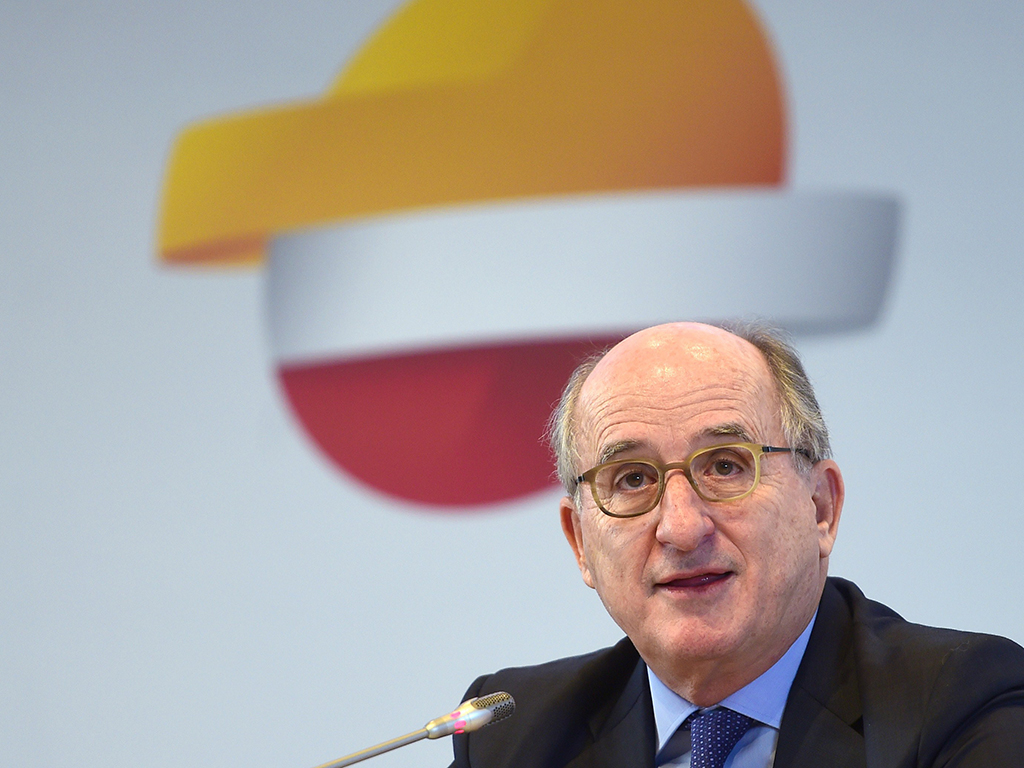Repsol buys Talisman Energy for $8.3bn
Following months of negotiation, Spain’s largest energy company has acquired Canada’s Talisman

CEO and Chairman of Repsol, Antonio Brufau, at a press conference about the company's decision to buy Canadian oil giant Talisman
In the world’s first major oil production transaction since the price of crude began its decline in June, Spain’s largest energy company has acquired Canada-based Talisman Energy for $8.3bn. The move will make Repsol one of the world’s major players in the energy sector, boosting its crude reserves by 55 percent and output by 76 percent. The deal is expected to close mid-2015 and marks the end of Repsol’s long search for acquisitions following a government seizure of its Argentine business YPF in 2012, for which it won $5bn in compensation. Since then, the Spanish company has been looking to spend about $10bn on takeovers while simultaneously boosting its presence in ‘safer’ OECD countries with low political risk, as opposed to emerging markets.
The move will make Repsol one of the world’s major players in the energy sector
Talisman shareholders will receive $8 per share, representing a 75 percent premium to the 7-day volume weighted average share price according to statements released by both companies, which also calls the acquisition the largest international deal by a Spanish company in five years. It will place the combined company among the 15 largest privately-owned oil and gas companies in the world with a presence in more than 50 countries and 27,000 staff.
“The agreement with Talisman is the result of a thorough analysis of more than 100 companies and assets worldwide”, said Josu Jon Imaz, CEO of Repsol, in a statement. “In every area, Talisman has always been the best option, because of the excellent quality of its complementary global assets, including its talent…It is a win-win situation and will transform Repsol.”
Previous merger talks between the two companies broke down in mid-2013 after the performance of Talisman’s North Sea operations, much of which are in a joint venture with China’s Sinopec, fell short of expectations. Repsol’s shares fell by 2.9 percent following the announcement.













